How Small Businesses Can Leverage Digital Marketing Effectively
Furthermore For small businesses, digital marketing offers a world of opportunities to reach a broader audience, increase brand visibility, and drive sales—all at a fraction of the cost of traditional marketing. The Moreover challenge lies in using digital marketing effectively to maximize resources and compete with larger companies. This article provides practical tips for small businesses to leverage digital marketing In addition to successfully and make a significant impact.
- Start with a Strong Online Presence
Also Before diving into complex marketing campaigns, small businesses need to establish a solid online foundation.
Meanwhile Having an attractive, functional website is the first step in building trust with potential customers.
Specifically
- first Create a User-Friendly Website: A clean, professional, and easy-to-navigate website is crucial. Ensure that it’s mobile-friendly, loads quickly, and has clear calls-to-action (CTAs) that encourage visitors to make a purchase or contact you.
- second Optimize for SEO: Invest in basic SEO practices to help your website rank higher in search engine results. This includes using relevant keywords, optimizing your meta descriptions and titles, and regularly publishing valuable content.
- Utilize Social Media Marketing
As well as Social media marketing offers small businesses a cost-effective way to connect with customers, build brand awareness, and promote products or services.
Subsequently Platforms like Facebook, Instagram, LinkedIn, and Twitter offer powerful tools for targeting specific audiences.
- Consistent Posting: Regularly post valuable content that resonates with your audience. Whether it’s educational posts, product showcases, or behind-the-scenes glimpses, consistency builds credibility.
- Engage with Followers: Respond to comments, messages, and reviews to foster a sense of community. Social media isn’t just about broadcasting your brand; it’s about building relationships.
- Leverage Paid Advertising: Small businesses can use highly targeted paid ads on social media to reach a wider audience without breaking the bank.
- Initially These platforms allow you to set budgets and target specific demographics based on interests, location, and behavior.
- Embrace Email Marketing
Plus Email marketing is one of the most effective tools for nurturing relationships and turning leads into loyal customers. Even small businesses with limited resources can create highly personalized email campaigns that drive engagement and sales.
- Build an Email List: Use lead magnets like discounts, free resources, or newsletters to encourage website visitors to sign up for your email list.
- Segment Your Audience: Tailor your emails to specific audience segments, whether based on previous interactions, purchase history, or geographic location,
- Eventually Personalization increases open rates and Nonetheless conversions.
- Automate Campaigns: Use email marketing automation tools to send timely, relevant messages. Welcome emails, abandoned cart reminders, and post-purchase follow-ups can be automated to save time.
- Leverage Content Marketing
However Content marketing allows small businesses to showcase their expertise, attract organic traffic, and build trust with their audience. By providing valuable, relevant content, businesses can establish themselves as industry leaders.
For example
- Start a Blog: Regularly publishing blog posts that answer common questions, provide helpful tips, or offer industry insights helps attract visitors and improves SEO.
- Create Video Content: Video is one of the most engaging forms of content. Use video to showcase your products, explain services, or tell your brand’s story in a more dynamic way.
- Repurpose Content: Repurpose your content into different formats—such as turning a blog post into an infographic or a podcast into a blog article—to reach a wider audience.
- Use Data Analytics to Make Informed Decisions
On the other hand Digital marketing offers powerful data analytics tools that can help small businesses track performance and optimize their marketing efforts. Understanding metrics such as website traffic, conversion rates, and social media engagement enables small businesses to make data-driven decisions.
For instance
- Monitor Campaign Performance: Use Google Analytics to track website performance and identify which channels are driving the most traffic. Adjust your strategy based on the insights you gather.
- A/B Testing: Run A/B tests on email campaigns, ads, and landing pages to determine what resonates best with your audience and continuously improve your efforts.
Conclusion: Digital Marketing for Small Business Success
Therefore For small businesses, digital marketing is an essential tool for growth and success. By focusing on building an online presence, leveraging social media, email marketing, content marketing, and analytics, As a result small businesses can compete effectively in today’s digital-first world. With the right strategy and consistent effort, small businesses can increase their visibility, attract customers, and grow sustainably.
Feel Free Contact us today to learn more and elevate your digital marketing efforts!






